City, Café and People: Franz Hubmann and His Epochal Photographs
Categories: Culture | Exhibition | History | Photo School
By Pictolic https://pictolic.com/article/city-cafe-and-people-franz-hubmann-and-his-epochal-photographs.htmlIn Austria, Franz Hubmann is considered the greatest documentary photographer of the 20th century. And this is true, because it is difficult to overestimate the contribution of this master of photography to the cultural history of this country. Hubmann is sometimes called the "Austrian Cartier-Bresson", but at the same time it is noted that there is no "more Austrian photographer" in the world than him.
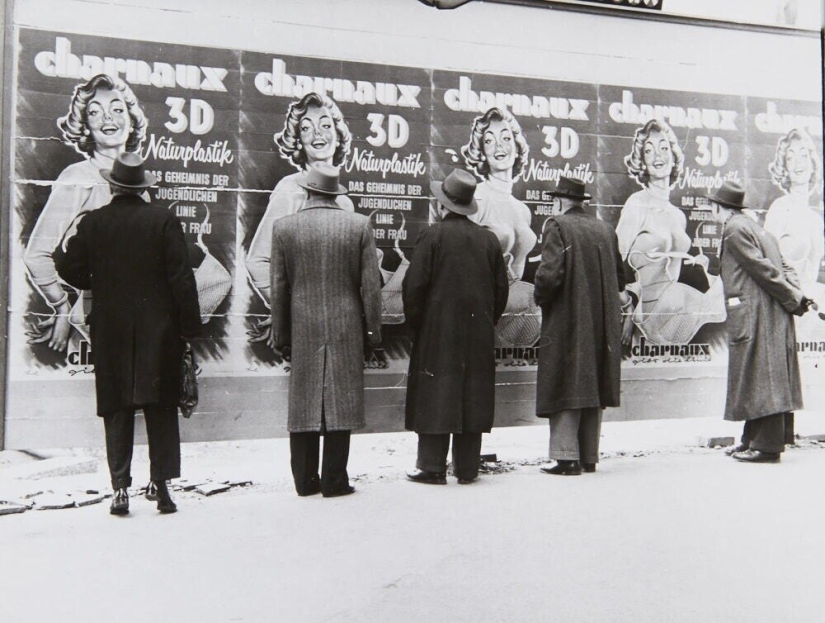
Franz Hubmann was born in 1914 in Ebreichsdorf, Lower Austria. Many great photographers chose their profession as children, but not Hubmann. After school, Franz trained as a textile technician and worked in a factory in his specialty for many years.
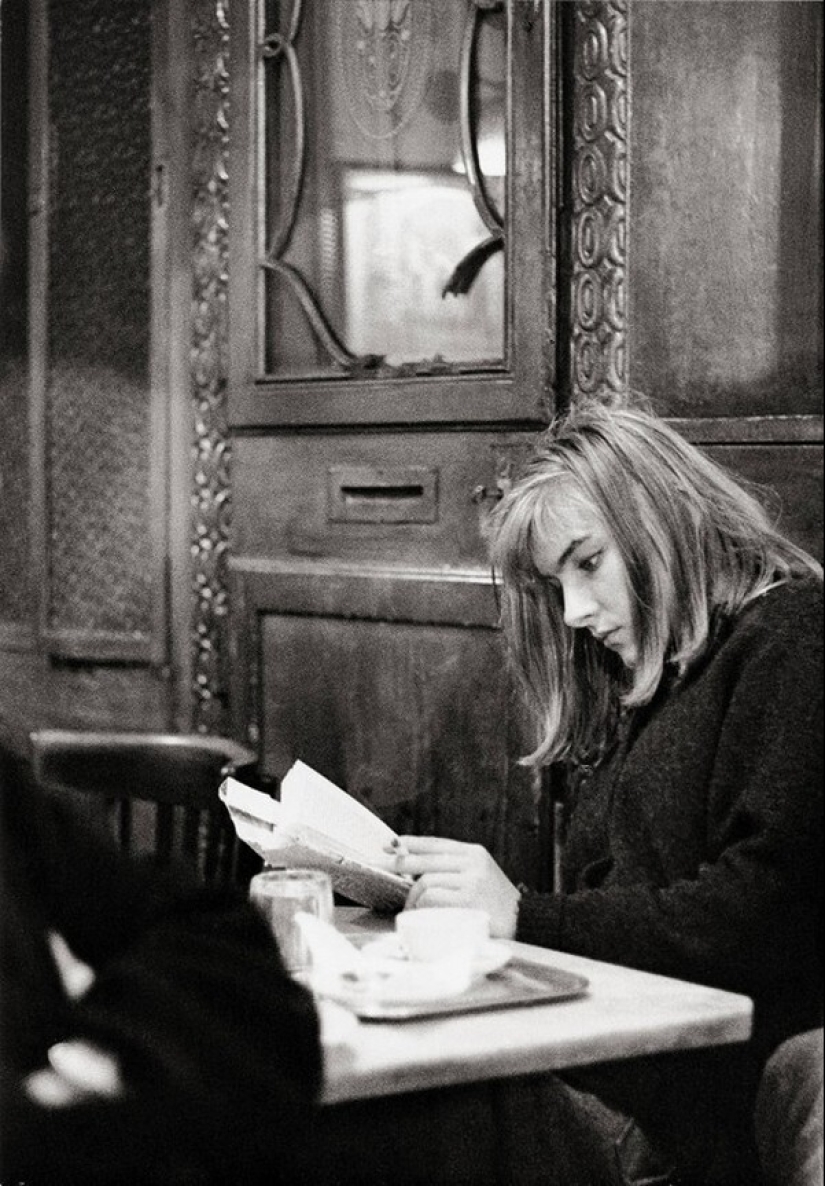
Hubmann became interested in photography only after World War II, when he was already over 30. The man, who already had a family and children at that time, suddenly decided to radically change his field of activity. At 32, he entered the Institute of Graphics in Vienna. After that, there were years of work in various publications as an ordinary photojournalist.
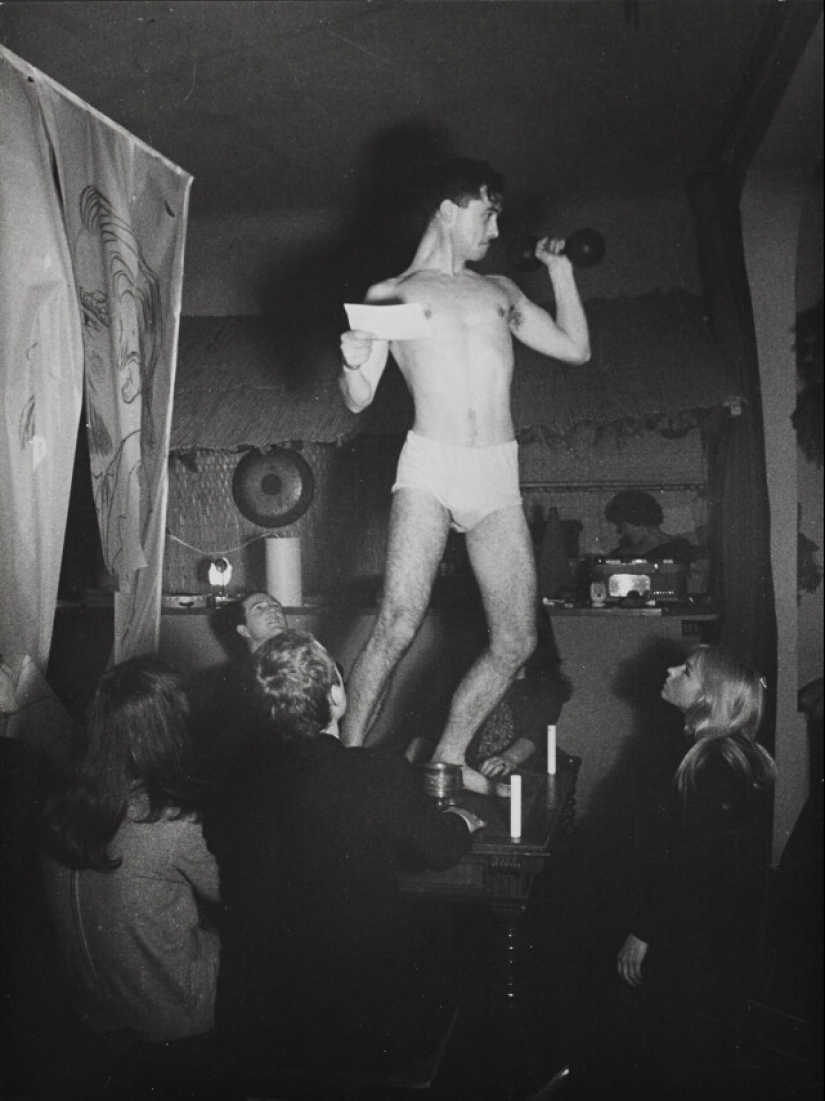
Franz Hubmann rose to fame in 1954 when he founded the publication Magnum – die Zeitschrift für das moderne Leben (Magnum – Magazine of Modern Life). The magazine existed for 10 years, until 1964, and Hubmann served as its permanent editor throughout this time.
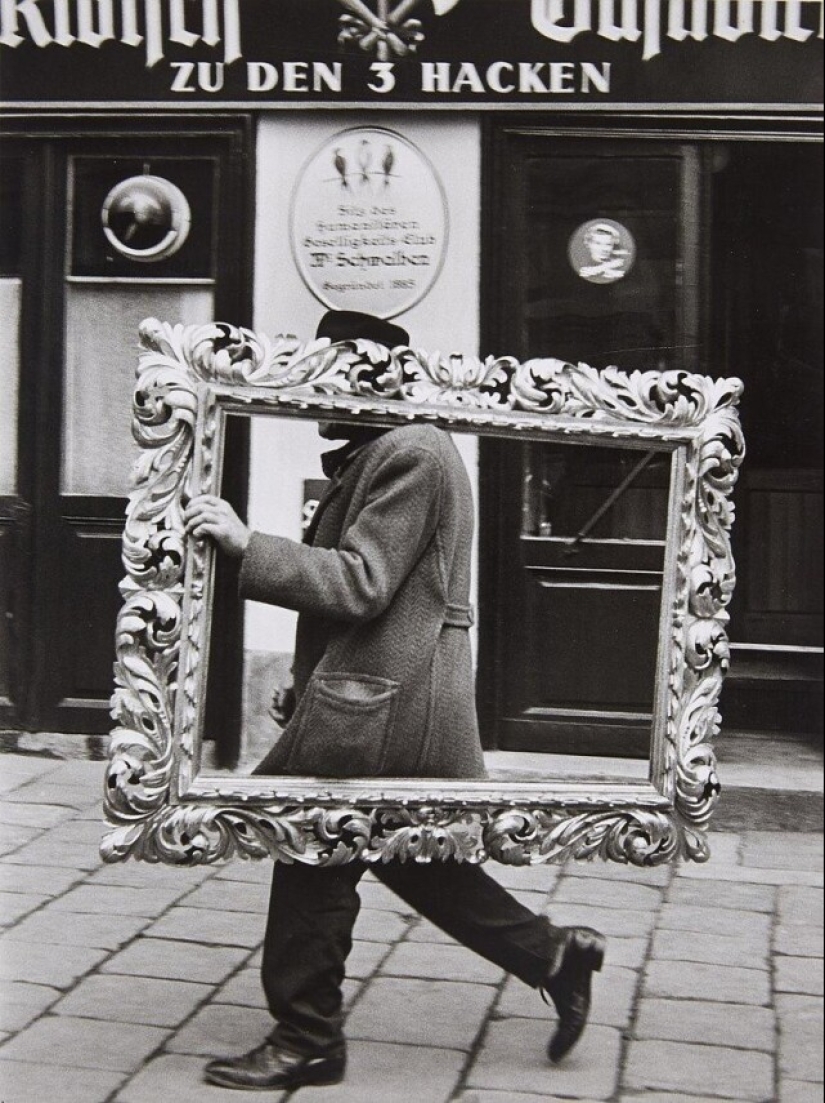
A real breakthrough in the career of a documentary photographer occurred after the publication of a series of photographs from the Viennese art cafe "Havelka". In the 60s and 70s, creative bohemians gathered there. In the cafe, Hubmann photographed artists, musicians, dancers and directors in a relaxed atmosphere, over a glass of wine and leisurely conversation.
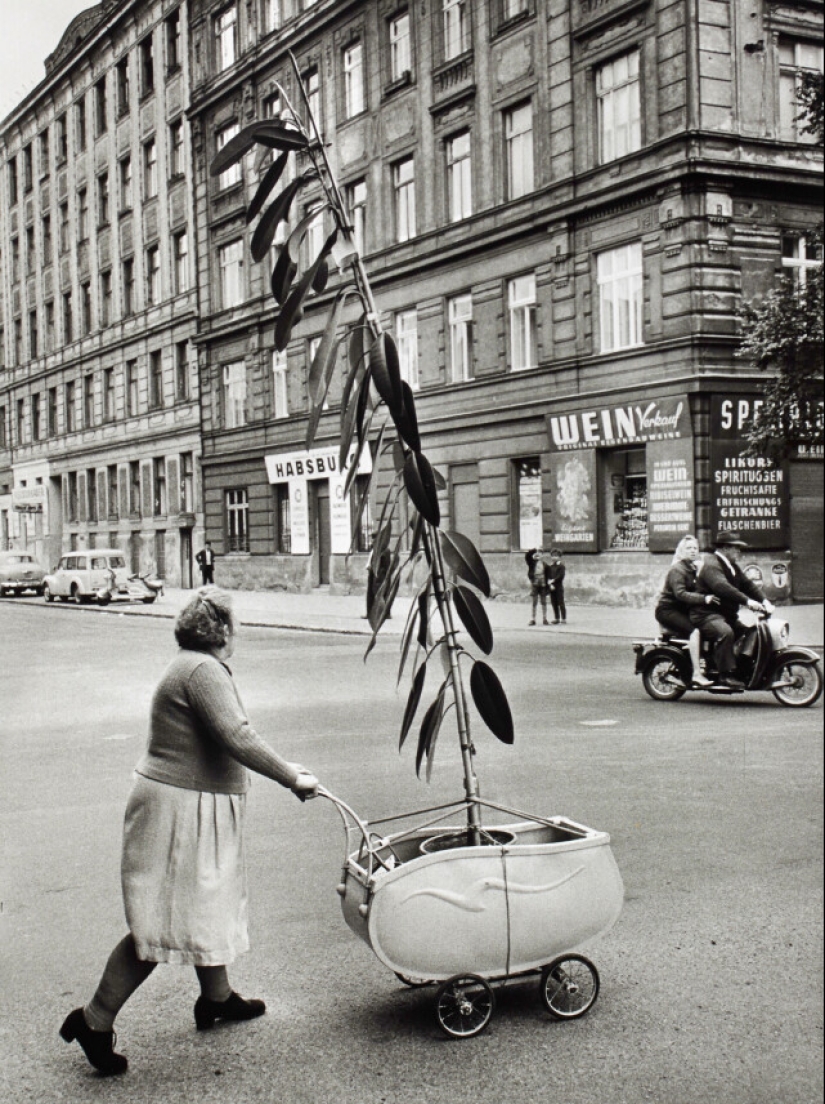
Franz Hubmann was no less interested in the everyday life of the Viennese streets. The photographer chose for himself the "tactic of unobtrusiveness." He simply chose an inconspicuous place and waited, holding the camera at the ready. This approach made it possible to obtain natural photographs in which people did not pose, but remained themselves.
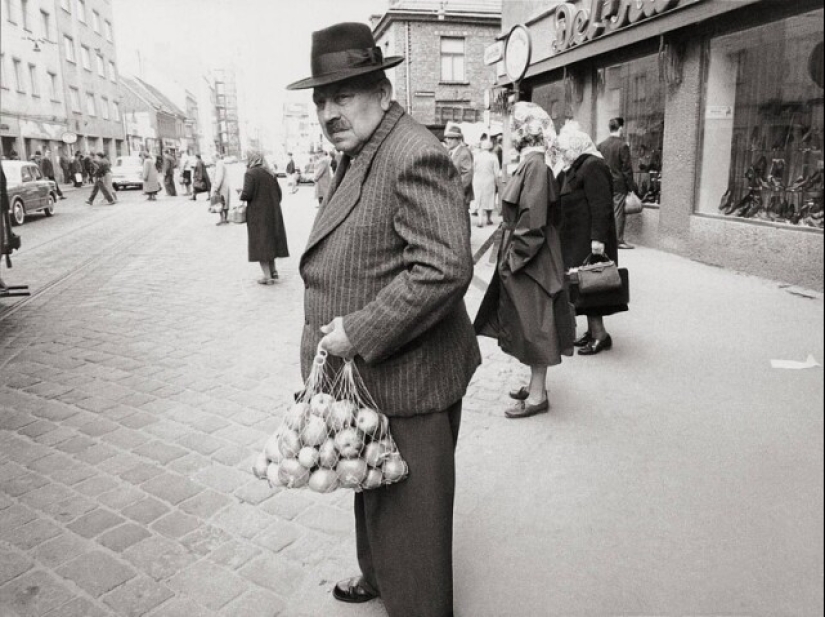
Franz Hubmann is inseparable from the history of 20th century Austria. His photographs complement thousands of scientific and journalistic works on the history, political science and culture of post-war Europe. The works of the documentary photographer have been published in 80 books. In 2004, three years before his death, Hubmann became a Knight of the Star of Merit of the Republic of Austria.
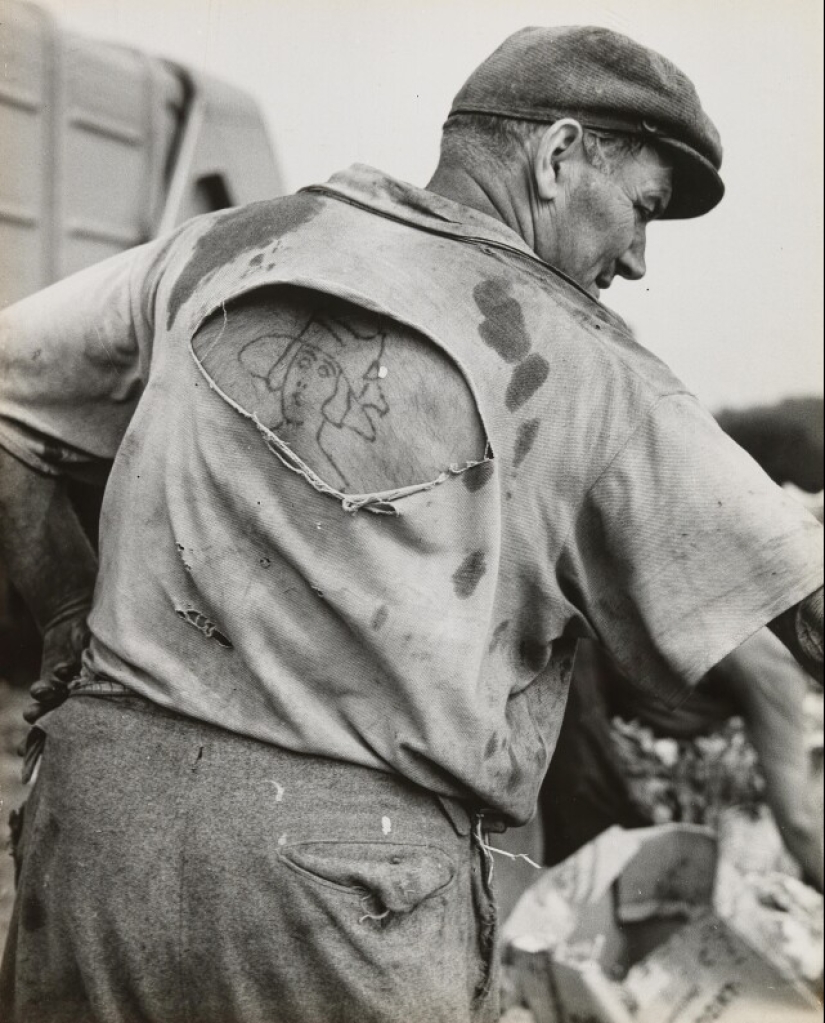
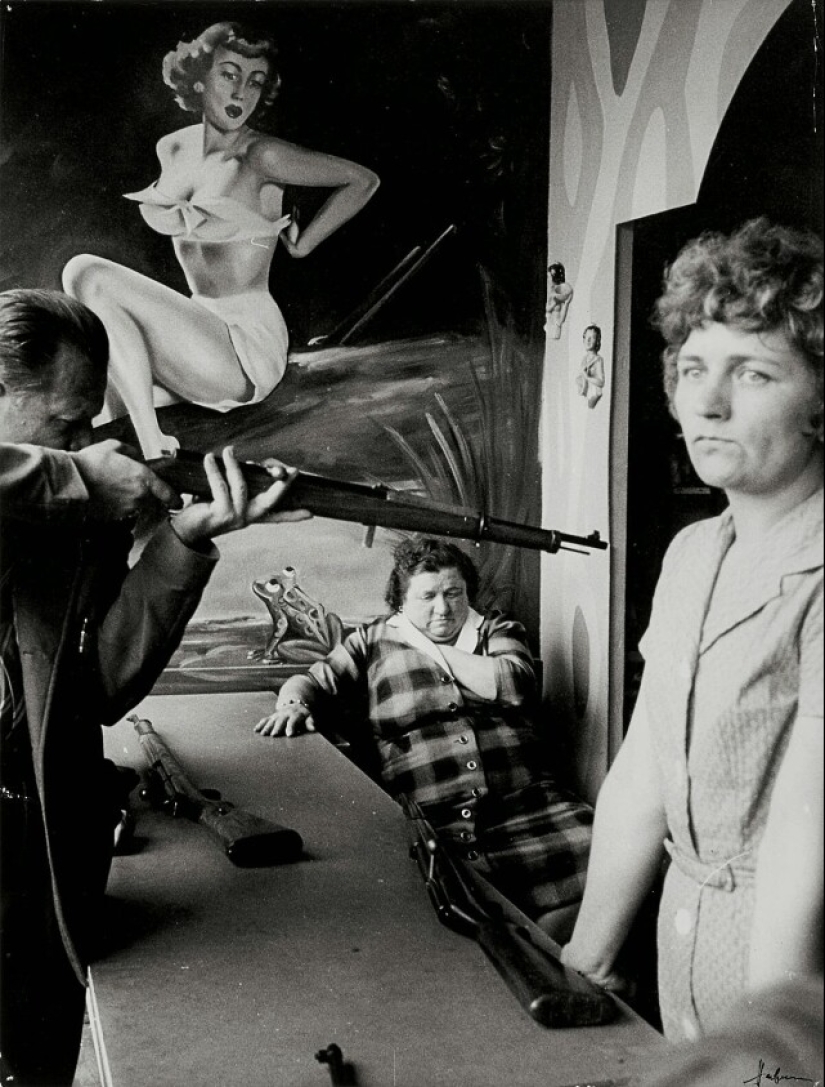
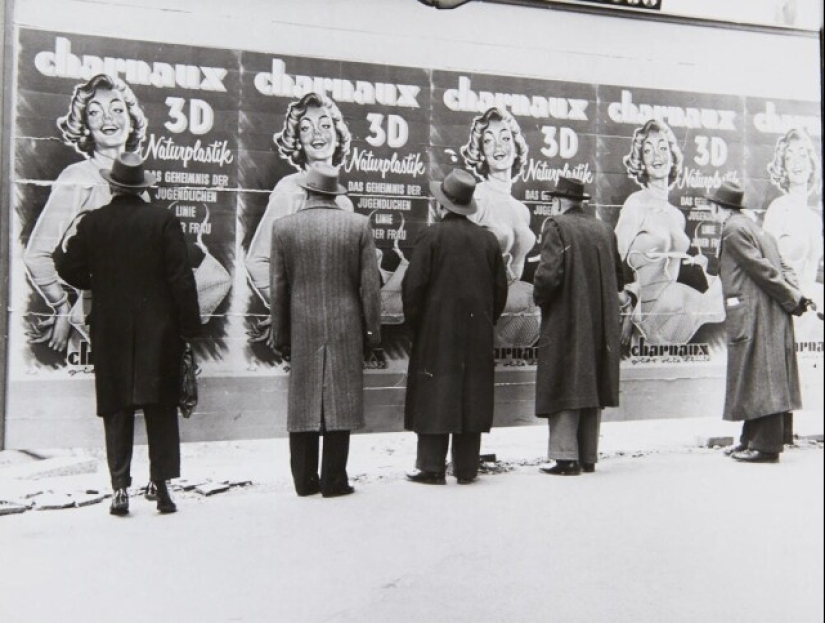
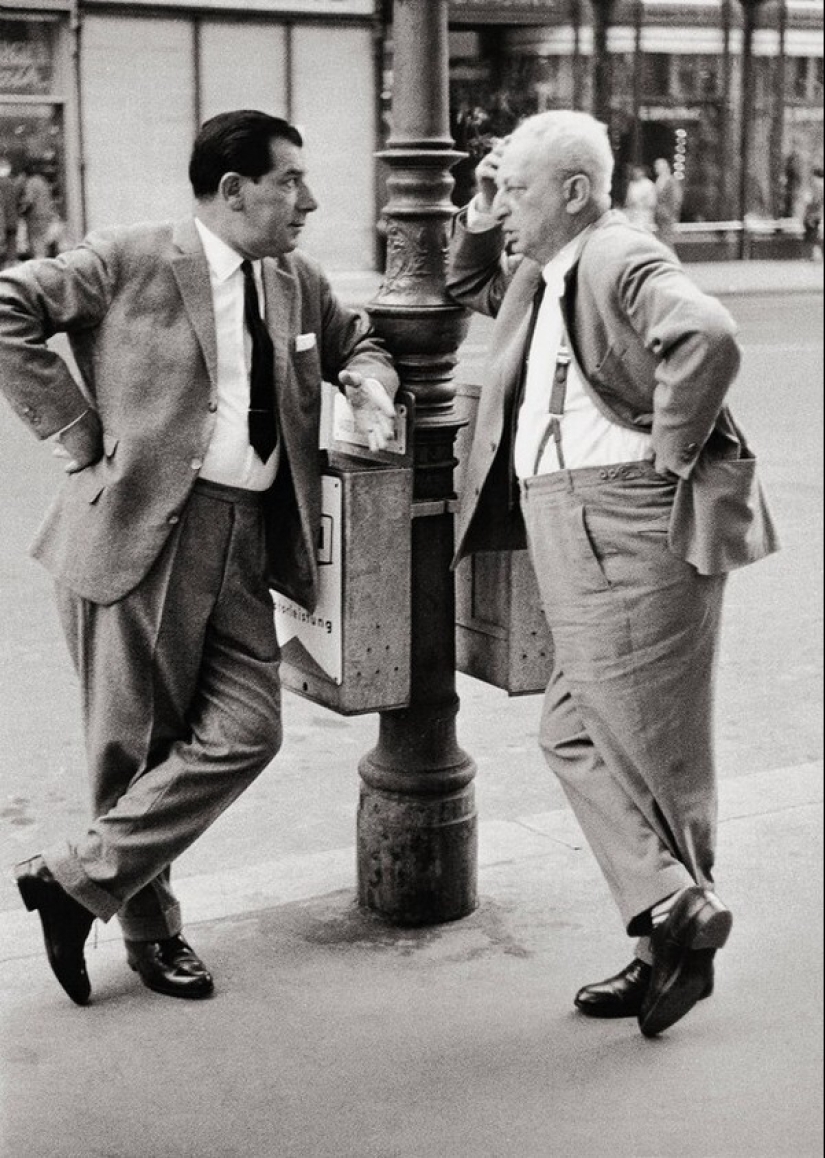
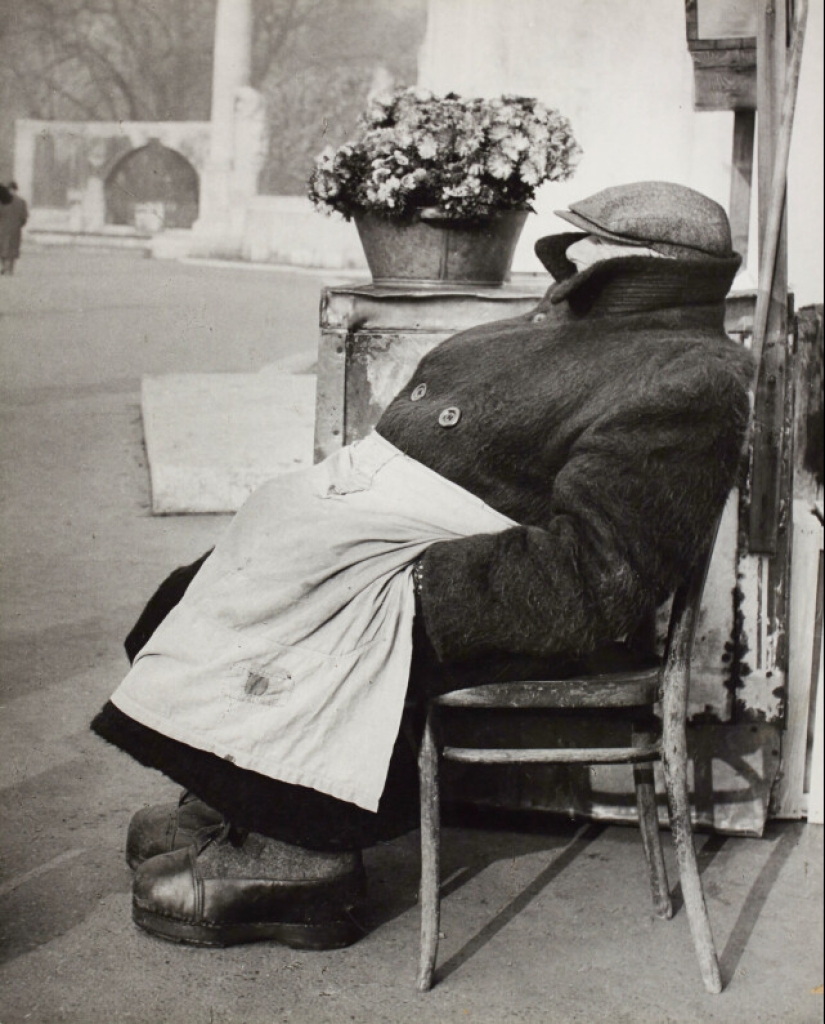
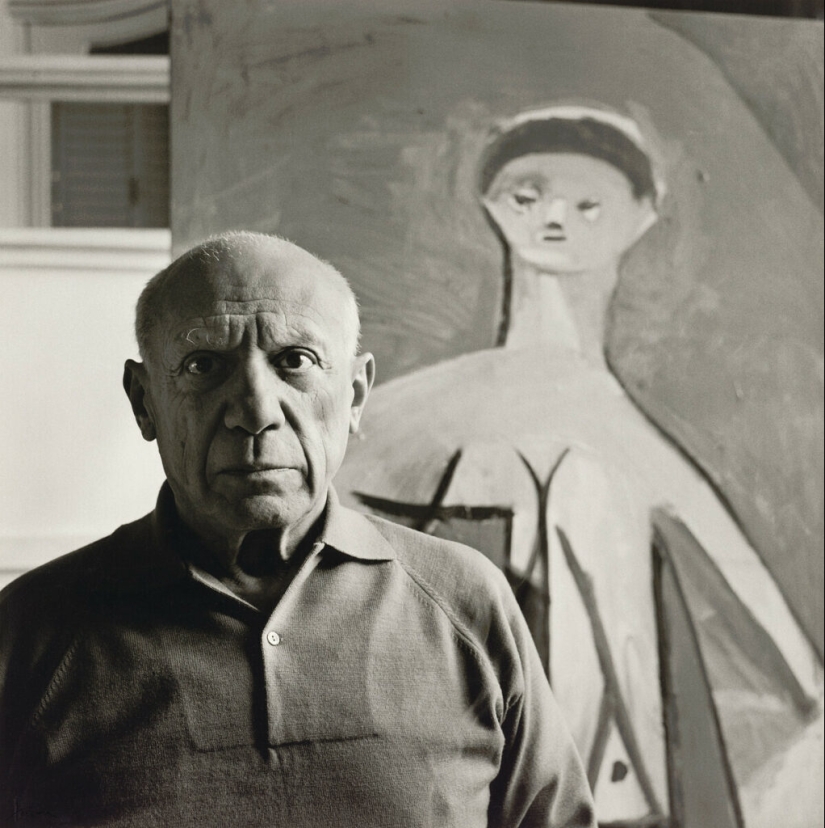
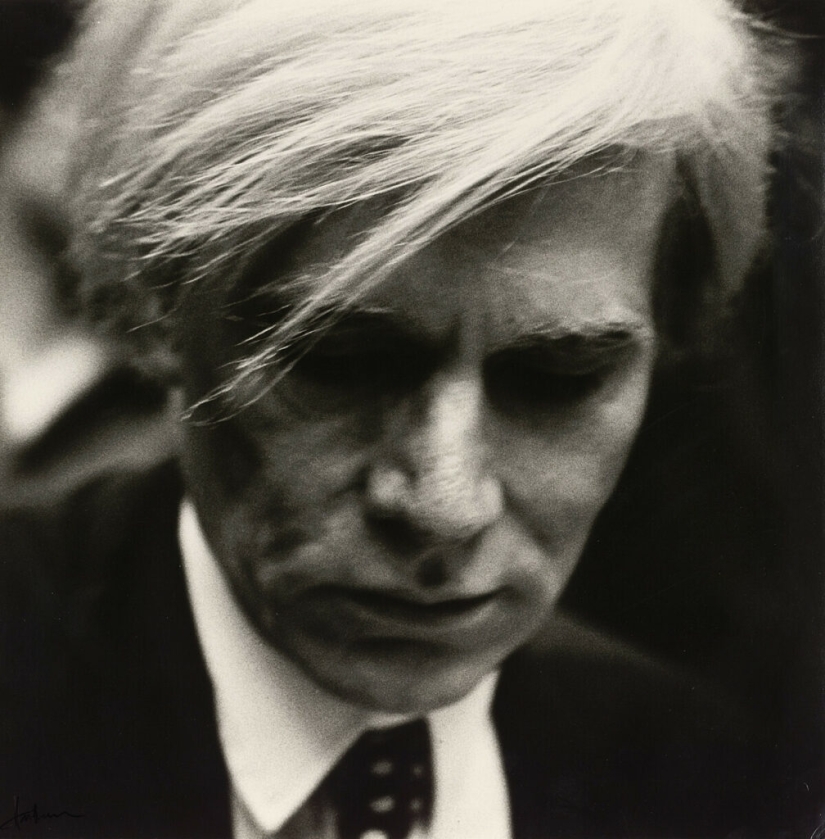
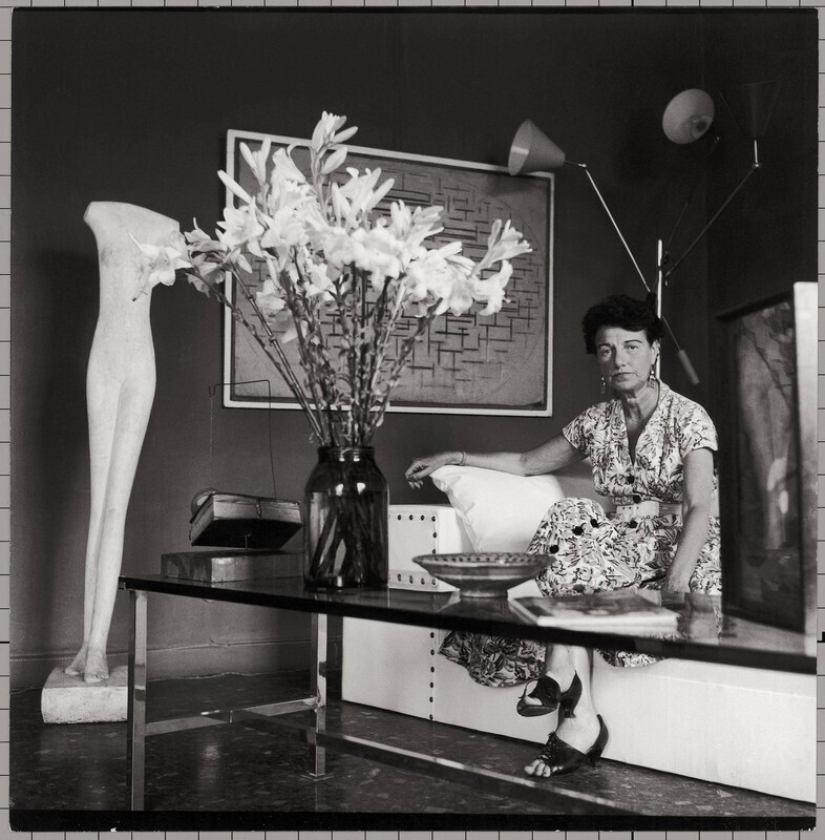
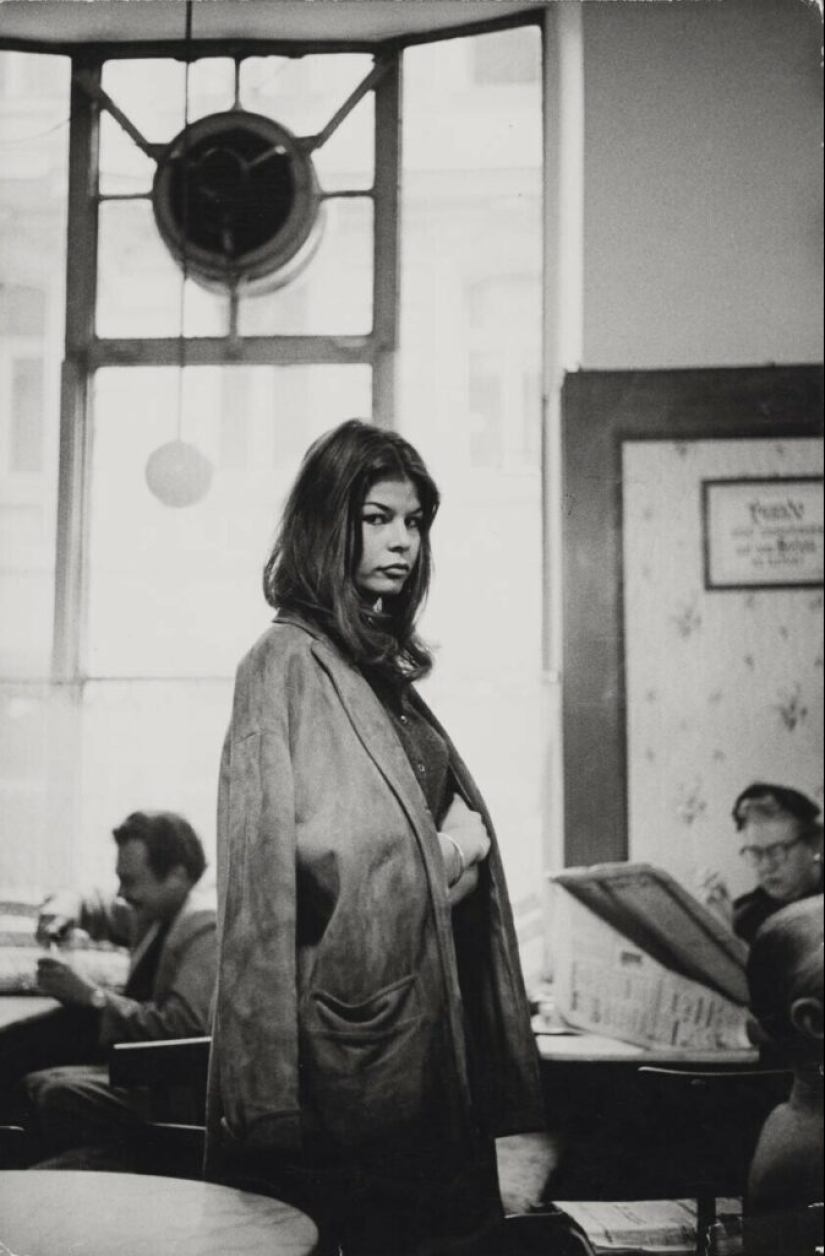
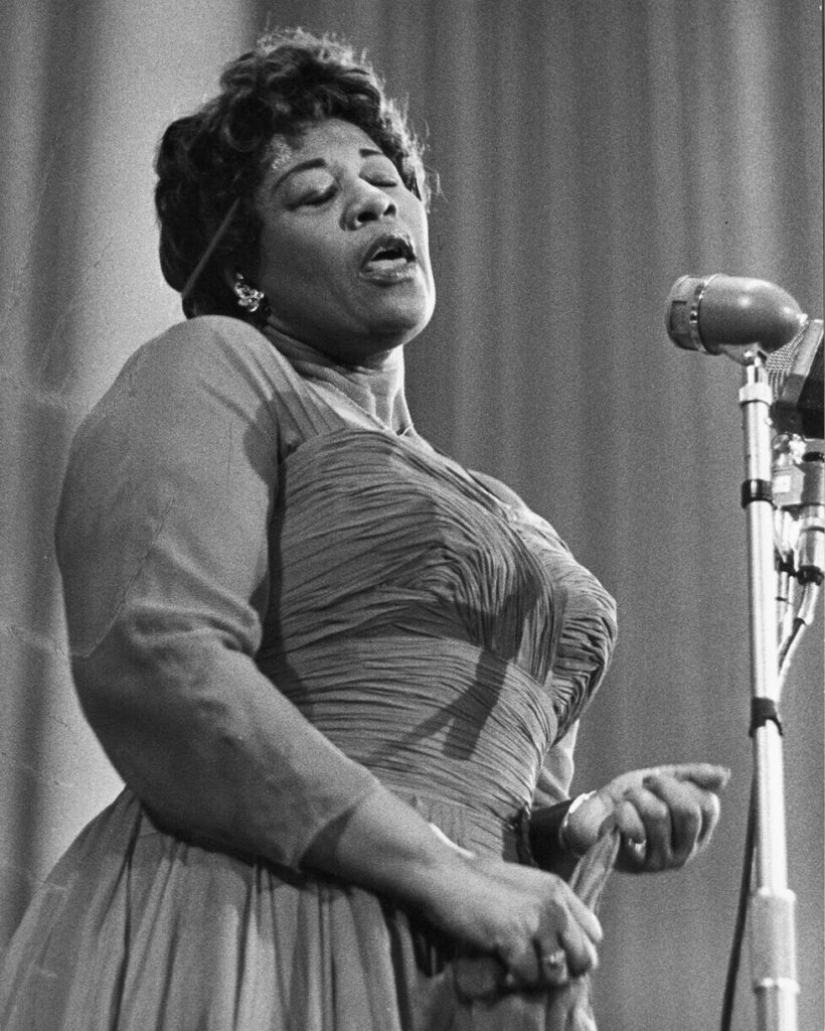
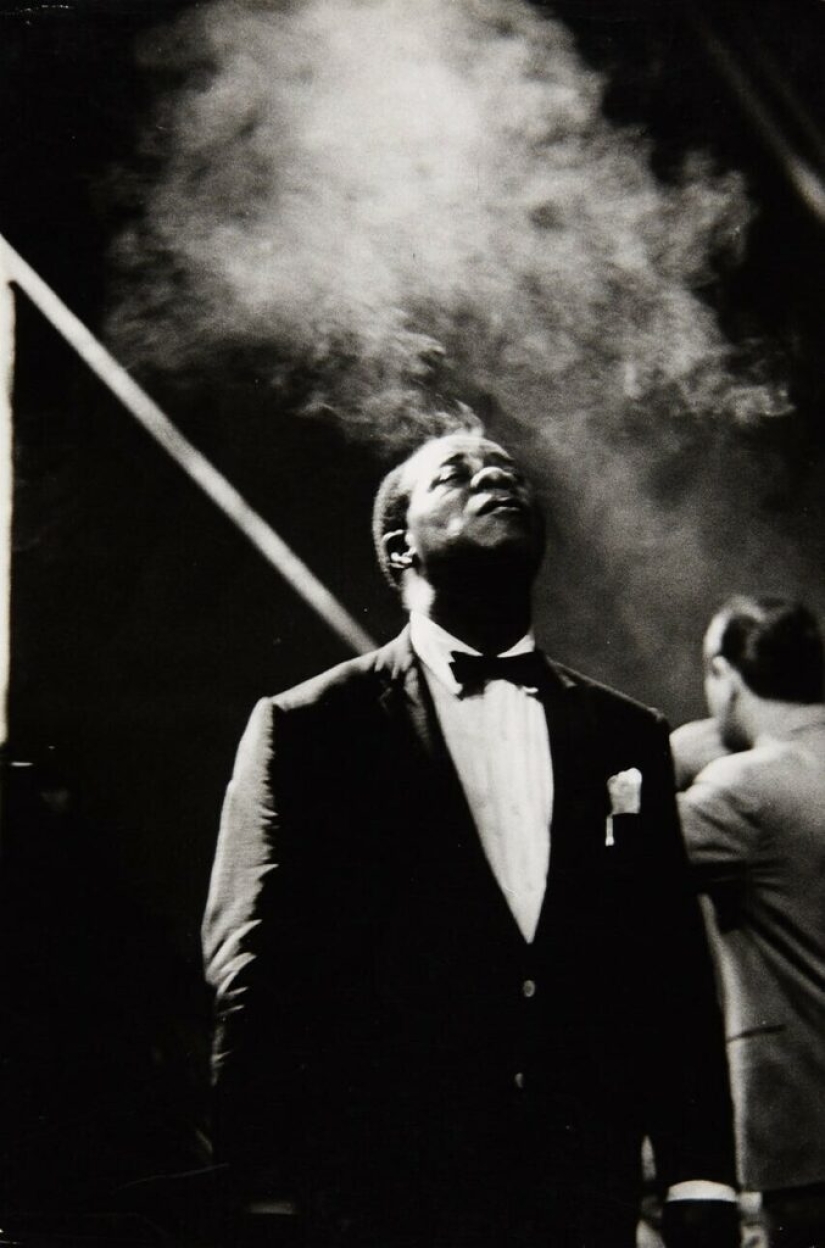
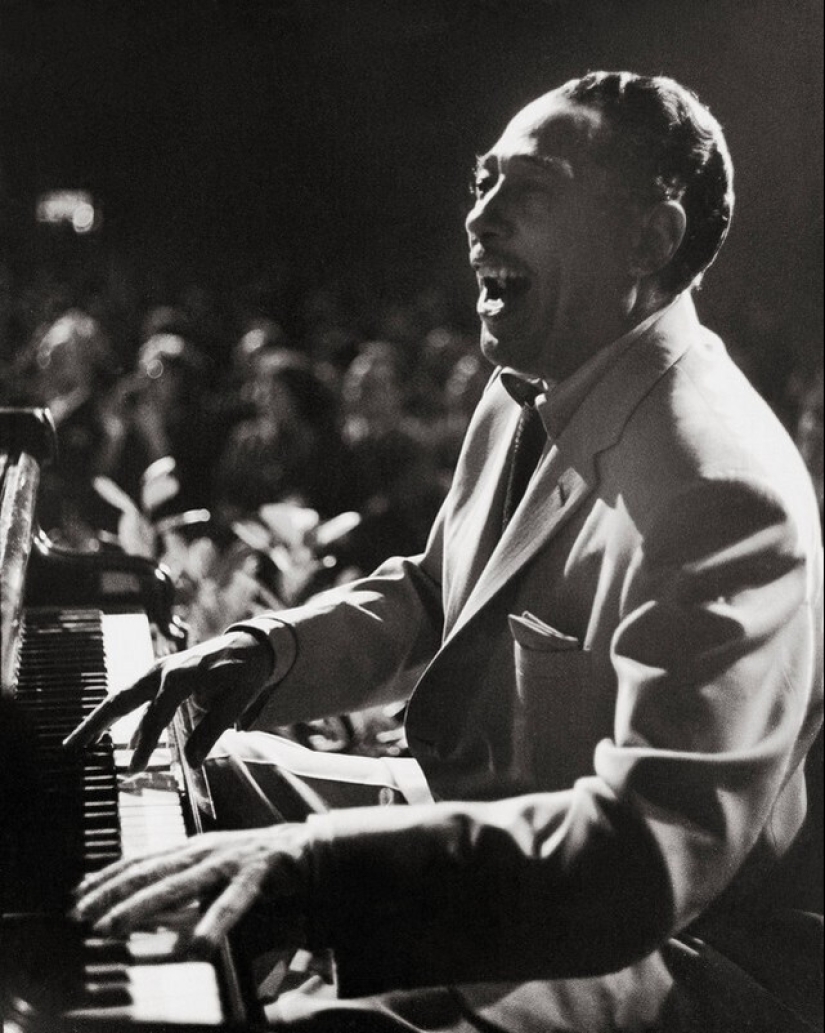
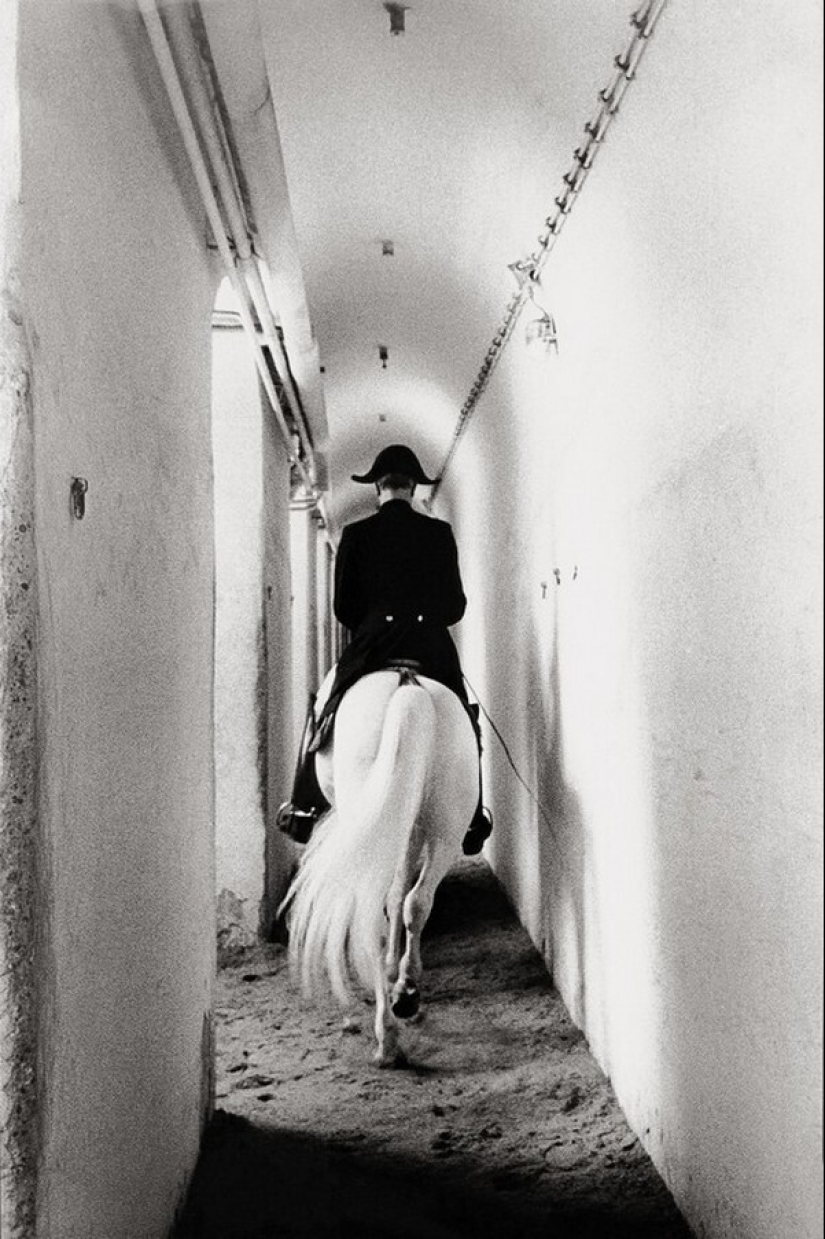
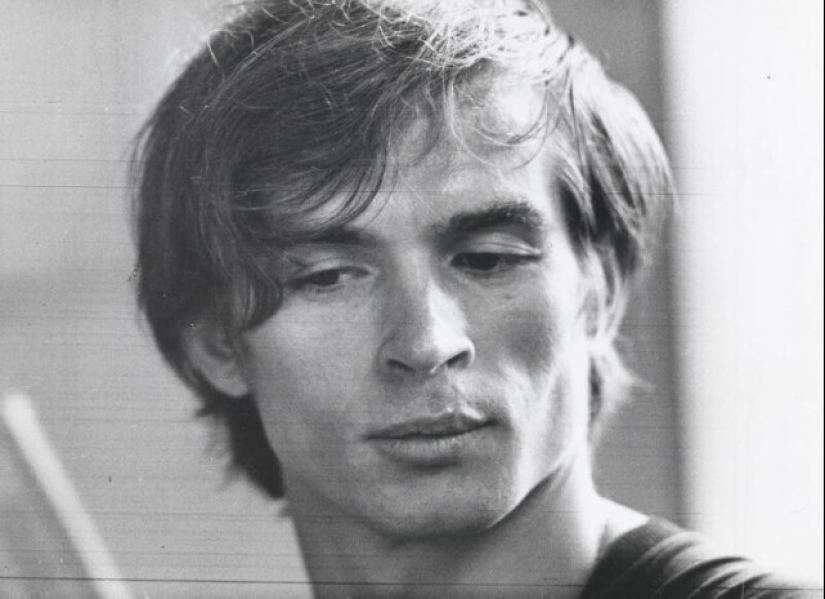
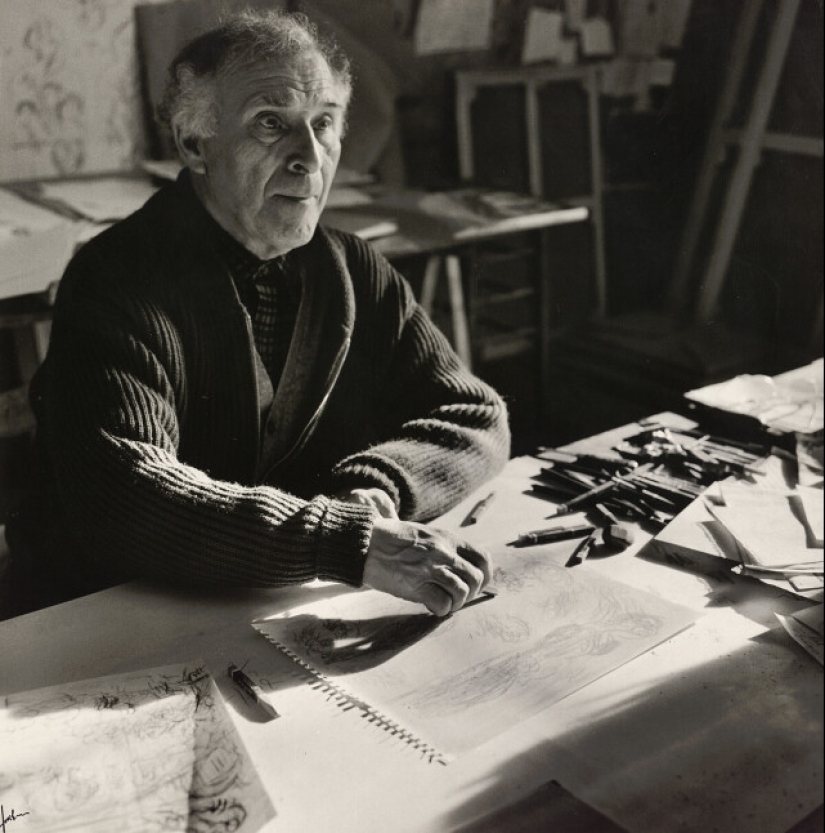
Franz Hubmann was able to capture the spirit of his time and the character of his country through the lens of his camera, making the ordinary unforgettable. His ability to observe and convey life as it is still inspiring today. What do you think about documentary photography as an art? Can it have the same profound influence on the perception of history and culture as painting or literature?
Recent articles

It's high time to admit that this whole hipster idea has gone too far. The concept has become so popular that even restaurants have ...

There is a perception that people only use 10% of their brain potential. But the heroes of our review, apparently, found a way to ...

New Year's is a time to surprise and delight loved ones not only with gifts but also with a unique presentation of the holiday ...